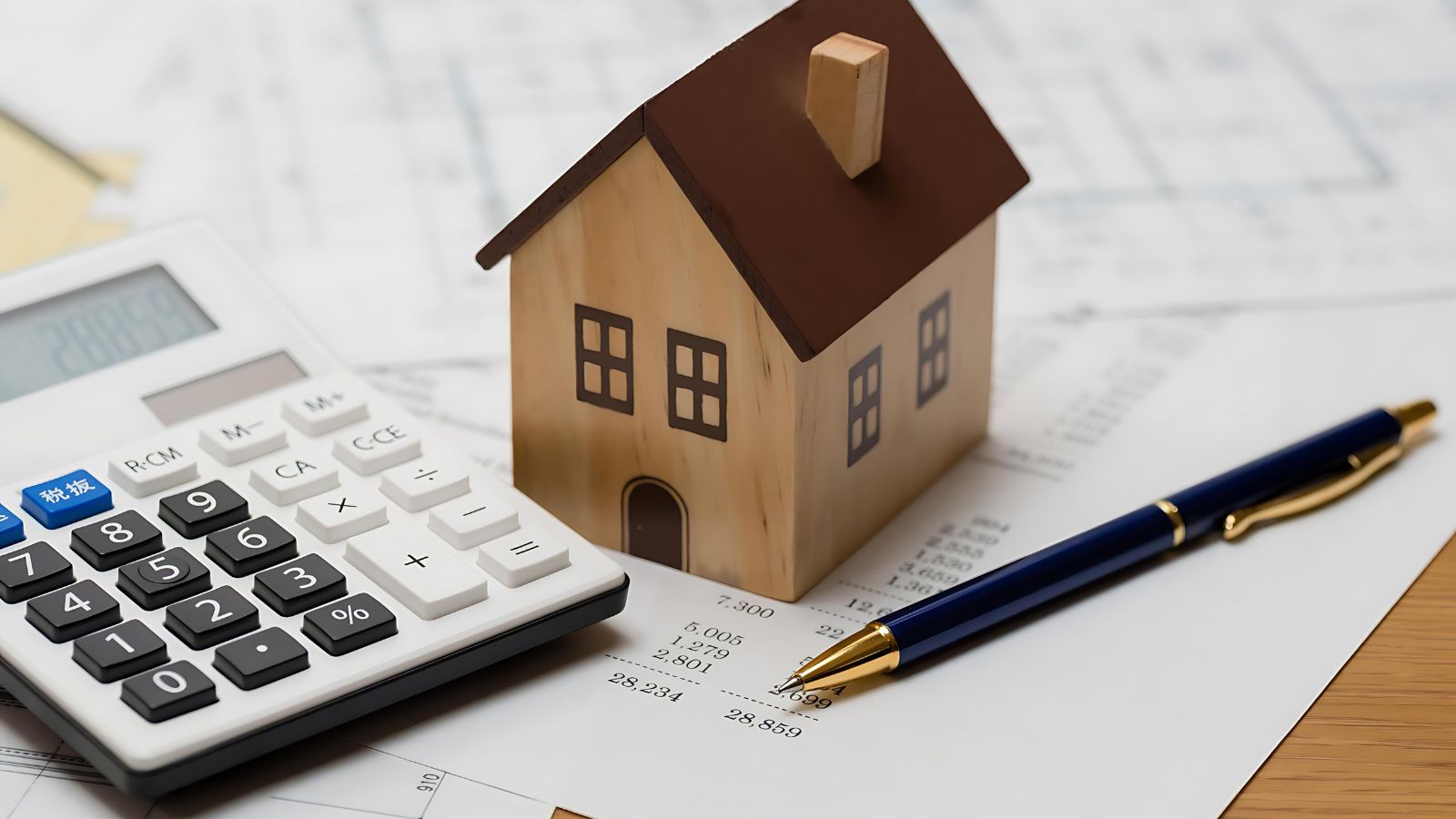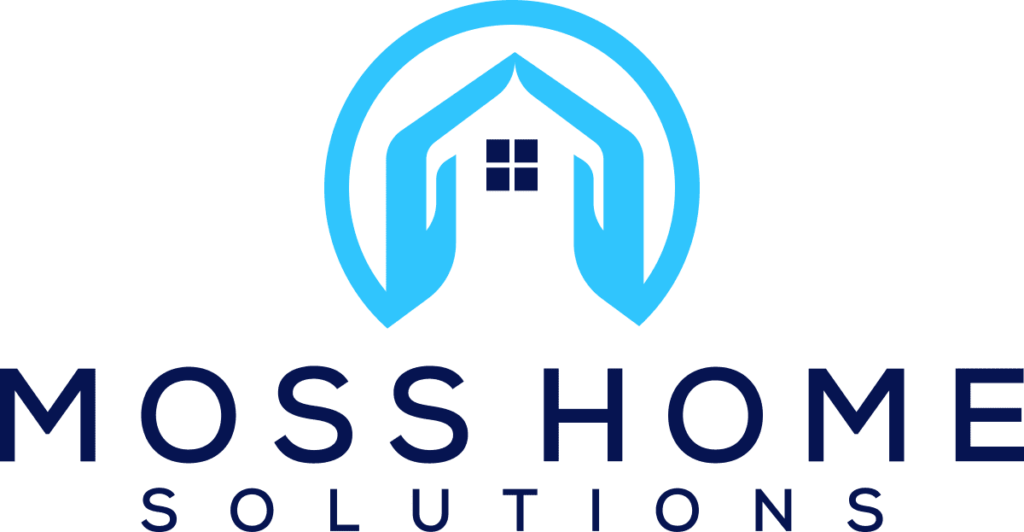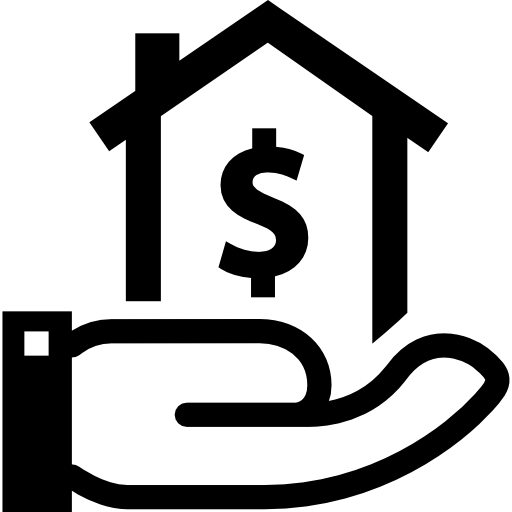Closing costs: the final hurdle in every home sale.
Buyers and sellers, take note – these fees can sneak up on you.
In Massachusetts, they’re a mixed bag of common and hidden expenses. Both parties share the burden, but who pays what? And how much?
Don’t sweat it. We’ll break down typical Massachusetts closing costs so you can seal the deal with confidence.
Key Notes
- Closing costs are essential to property transactions being finalized.
- Buyers and sellers both pay closing costs.
- Buyers in Massachusetts pay 2-5% of the purchase price in closing costs.
- Sellers in Massachusetts pay 6-10% of the purchase price in closing costs.
- Cash home buyers eliminate closing costs, realtor commissions, and appraisals.
What Are Closing Costs in Massachusetts?
Closing costs are simply defined as the fees and expenses incurred by parties to a real estate transaction in order to finalize the transaction.
The most important factor when it comes to closing costs is the price of the property. The higher the purchase price, the higher the closing costs.
Properties in Massachusetts are priced relatively high compared to the average property nationwide, with a median sales price for single-family homes at $660,000 in May 2024 – which is notably higher than the figure of $419,300 across the country.
This fact alone should signal to buyers and sellers alike that closing costs in Massachusetts are not to be taken lightly and most certainly to be prepared for.
How Much Are Closing Costs in Massachusetts?

Closing Costs for Buyers
Buyers in Massachusetts can typically expect closing costs ranging from 2% to 5% of the purchase price. On a median-priced $660,000 home, this would be a maximum of $33,000 in closing costs.
The vast majority of buyer closing costs are related to securing a mortgage loan, and the common closing costs for buyers include the following:
Loan Fees
A lender will charge you for the expenses of originating and drawing up a loan agreement, as well as processing your loan application via the necessary credit checks and other common bank processes.
Loan fees ordinarily equal 1% of the mortgage loan amount.
Appraisal Fees
A lender will also require an appraisal to be done on the home, which is a common procedure during mortgage loan applications. Appraisal fees typically cost between $300 to $500.
Homeowners Insurance Annual Fee
Buyers are usually required to take out homeowners insurance to secure a mortgage loan, and the initial payments are often due at closing.
Homeowners insurance in Massachusetts is an average amount of $1,500 a year.
Title Insurance Fee
Buyers are also often required to take out title insurance for protection against future claims related to the home’s ownership.
Title insurance ordinarily equals 0.5% to 1% of the property value.
Home Inspection Fees
Buyers are advised to make use of home inspection services prior to finalizing a purchase, and payment of said services take place during closing.
Home inspection fees range between $400 to $600 but can differ depending on the size and complexity of the property.
Real Estate Attorney Fees
Real estate attorneys are a state-mandated necessity for title documents and contracts related to closing real estate transactions. They charge by the hour and will usually give you an outline of the work to be done as well as a reasonable fee you can expect to pay at the end of the mandate.
Real estate attorney fees for home purchases in Massachusetts are on average between $800 and $1,500.
Closing Costs for Sellers
Sellers in Massachusetts can typically expect closing costs ranging from 6% to 10% of the purchase price, including real estate agent’s commissions. On a median-priced $660,000 home, this would be a maximum of $66,000 in closing costs.
Common closing costs for sellers include the following:
Real Estate Agent’s Commissions
Sellers often bear the burden of paying agent commissions for both themselves and the buyer. The silver lining is that this expense makes up the bulk of your closing costs as a seller. Average realtor commissions equal between 5% and 6% of the final purchase price.
These commissions are typically avoided when selling your property by owner or to a cash home buyer.
Title Transfer Fees
Title transfer fees are the necessary costs involved in transferring the home’s title from the seller to the buyer. Title fees range between $600 to $700 in Massachusetts.
Transfer Taxes
Self-explanatory and to be paid in terms of Massachusetts state law to finalize the transfer of ownership of the property.
Transfer taxes in Massachusetts are between 0.5% to 2% of the property value.
Unpaid Property Taxes and HOA
Sellers will be liable for and required to settle any unpaid property taxes and homeowners association fees as of the closing day of the transaction.
MA Closing Cost Breakdown
| Closing Cost Type | Closing Cost Amount | Who is Paying |
|---|---|---|
| Loan Fees | 1% of the mortgage loanBuyer | Buyer |
| Appraisal Fees | $300 - $500 | Buyer |
| Homeowners Insurance Fees | $1,500 (average annual fee) | Buyer |
| Title Insurance Fees | 0.5% to 1% of property value | Buyer |
| Home Inspection Fees | $400 - $600 | Buyer |
| Real Estate Attorney Fees | $800 - $1,500 | Buyer |
| Title Transfer Fee | $600 - $700 | Buyer |
| Transfer Taxes | 0.5% to 2% of property value | Buyer |
| Realtor Commissions | 5% to 6% of purchase price | Buyer |
Why Are Closing Costs Important?
Payment of closing costs is often the final step in getting a real estate transaction over the line from a logistical and legal standpoint.
Importance For Buyers:
- Banks and other lenders require their buyer closing cost requirements such as appraisal and home inspection reports to be met.
- These steps are necessary to confirm the property’s value, assess potential risks, and ultimately provide an adequate mortgage loan to buyers.
Importance For Sellers:
- Seller closing costs also facilitate and finalize the legal transfer of property ownership.
- Title transfer fees and taxes must be taken care of for government agencies to register the transaction in public records, confirming the legality of the sale.
- Property transaction contracts that include realtor commission clauses will be void if commissions are not paid upon closing the sale, which can be disastrous for both parties.
Closing costs are clearly unavoidable, so understanding and accounting for them helps sellers price their property without impeding profit margins and helps buyers assess the holistic affordability of a transaction before diving into a purchase.
Closing Costs When Paying Cash
“If you buy a house with cash, are there closing costs?”
The answer is yes, but less. Practically speaking, all-cash property transactions eliminate closing costs related to lender fees, such as loan origination and appraisal fees.
However, parties to cash transactions will still find themselves paying the remainder of the essential fees like:
- Attorney fees
- Title insurance and transfer fees
- Transfer taxes
- Home inspection fees
- Realtor commissions (if applicable)
However, there are instances where cash home-buying companies will make a cash offer on your property that completely eliminates closing costs for the seller. This forms part of their mandate and business model, as they take on any necessary closing costs themselves.
Closing Attorney Fees in Massachusetts
Closing Attorney’s Duty
Closing Attorneys are usually Real Estate Law specialists. They have the experience and knowledge to ensure that your property sale and transfer of ownership are compliant and duly registered.
Their services include document preparation, contract drafting, title searches, title transfer registration, and all-inclusive transaction facilitation from the beginning of the sale to closing.
They ensure legal compliance at all stages of the sale, and their administrative expertise enables the transaction to progress quickly and efficiently.
Closing Attorney’s Costs
Closing attorney fees in Massachusetts typically range between $800 and $1,500. But, this amount can vary depending on the complexity of the transaction and the hourly fee charged by the attorney.
It is not uncommon for the seller to appoint a closing attorney, but the buyer usually pays for their fees. This is a balancing act because the seller ordinarily handles realtor fees for both themselves and the buyer.
Parties to a sale are well within their rights to negotiate on payment of closing attorney fees, should they be able to reach a mutual payment agreement.
Hidden Fees in MA Closing Costs

Hidden closing cost fees to look out for include:
- Outstanding Property Taxes: Unpaid property taxes will hold up a property transaction from being finalized even if all other requirements are met.
- Outstanding Utility Bills: Same as above, but related to water, electricity and other municipal fees due.
- Homeowners Association Fees: Ensure that any HOA fees or other related association fees for the property are paid before closing.
- Survey Fees: It is sometimes necessary to draw up a plot plan to determine property boundaries.
Frequently Asked Questions
How are closing costs calculated in MA?
Closing costs in Massachusetts are calculated based on the property’s price, location, and transaction-specific services necessary to finalize the sale and transfer of ownership.
Realtors and attorneys usually charge a commission fee based on the property’s purchase price. Your estate agent or attorney can give you an estimate of your projected closing costs.
Buyers in MA can expect to pay between 2-5% of the purchase price in closing costs, and sellers who use realtors can expect to pay between 6-10% of the purchase price in closing costs.
Who pays transfer tax in Massachusetts?
Sellers in Massachusetts pay transfer tax, which ranges between 0.5 and 2% of the property value. Transfer tax is an essential closing cost, without payment of which the transfer of ownership cannot take place.
Who pays the most closing costs?
Sellers are responsible for realtor commissions and transfer taxes, which make up a hefty chunk of closing costs. To avoid closing costs entirely, sellers can consider selling to a cash home buyer.
Conclusion
Closing costs in Massachusetts can be a significant hurdle for both buyers and sellers. With buyers facing 2-5% and sellers looking at 6-10% of the purchase price, these fees are no small change. From loan fees and appraisals to realtor commissions and transfer taxes, the costs stack up quickly.
But don’t let these numbers overwhelm you. Understanding what to expect puts you in a stronger position to navigate your real estate transaction. Remember, cash buyers can sidestep many of these fees, potentially saving thousands.
Want to skip the closing cost headache altogether? Get your cash offer now and sail smoothly through your home sale. You’ll avoid realtor commissions, appraisals, and many other closing costs.





